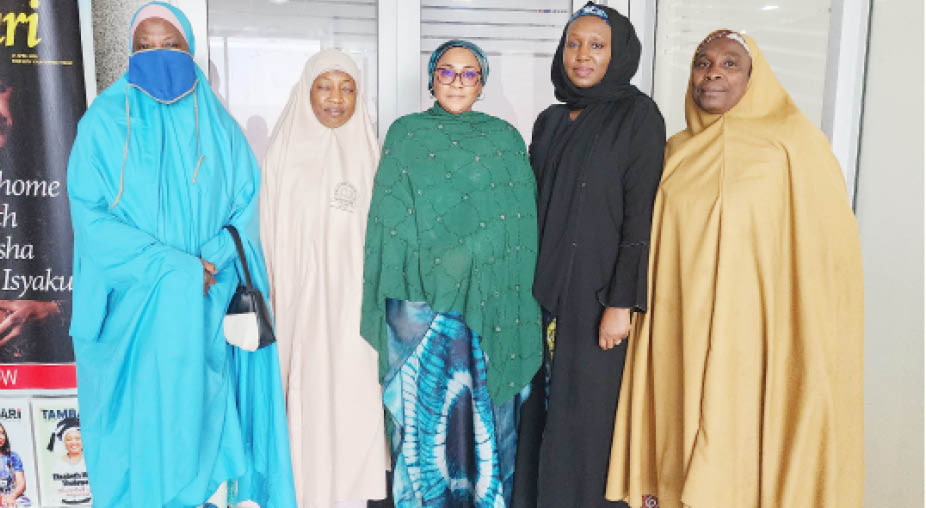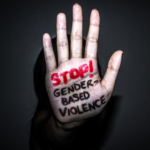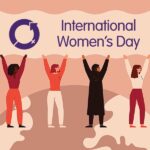The Coalition of Nigerian Muslim Women has stressed that the use of hijab is a sign of freedom for women and not a source of oppression as widely misconstrued.
The head of the group, Zulai Nuhu, who said this during a visit to Media Trust Group, publishers of Daily Trust, Trust TV and other publications, to mark the Work Hijab Day, said “the popular notion where hijabites are viewed as subdued, oppressed and without a voice is wrong as the use of hijab comes with strength.”
Zulai said this year’s day was celebrated with the theme, #VeiledInStrength.
She said the theme was aimed at educating non-Muslims, that the use of hijab is absolutely a sign of freedom, empowerment and strength for the wearers.
- Illegal mining denying Nigeria 91% of sector revenue – ECOWAS Speaker
- Insecurity: Time for state police is now — Laolu Akande
“It is worn by choice and it is not a symbol of oppression. It never was, and it will never be so,” she said.
She added that the group would like to use the occasion to reiterate that as Muslim women, “We are veiled in strength. We are not oppressed. We wear hijab by choice and strength, focus and vision.”
She further said hijab was an integral part of the Muslim woman as it showcases their ability to actively participate in all public spheres. It is not just a choice but also a guaranteed right protected by laws.
“Our focus revolves around advocating the recognition and protection of the right to wear the hijab without fear of harm or prejudice. This commitment extends to all segments of the society. The symbols of authority in every sphere of life should safeguard this right. We are committed to spreading this message through all possible ways until it is widely understood and embraced,” she said.
Nuhu, however, sought the support of Media Trust and the populace to demonstrate that it is not alone in the crusade of advocating the cause of non discrimination against hijab users.
Together, we can encourage greater acceptance.
She said the Coalition, which consists of FOMWAN, NASFAT, Women in Da’awah, JADAFIA, Criterion, Ansaruddeen, MESH, Muslim schools in Abuja and many more, was committed to addressing challenges faced by women, especially within the Muslim community.

 Join Daily Trust WhatsApp Community For Quick Access To News and Happenings Around You.
Join Daily Trust WhatsApp Community For Quick Access To News and Happenings Around You.

